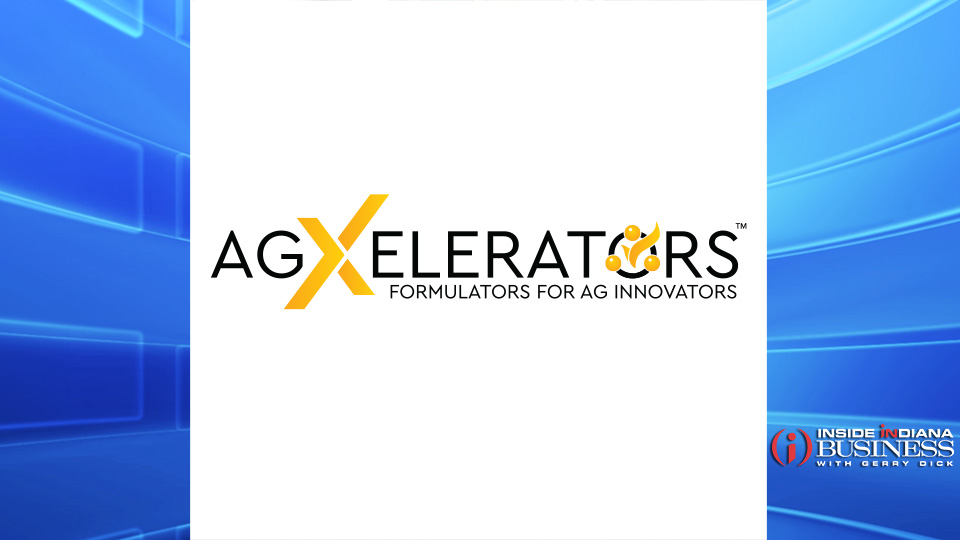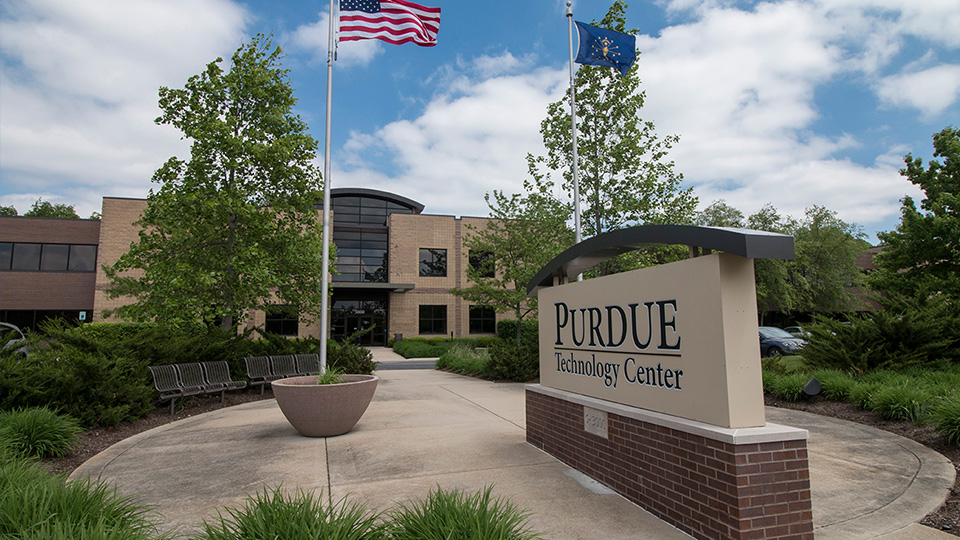AgXelerators aims to give ag startups a head start on commercialization
Subscriber Benefit
As a subscriber you can listen to articles at work, in the car, or while you work out. Subscribe Now
Emerging earlier this year, a new company serves to fast-track innovative and scientific agriculture-based research and discoveries into products farmers can pick up and use on their land.
Indianapolis-based AgXelerators (AgX) was formed with the goal of assisting ag-specific startups, entrepreneurs and researchers to commercialize their innovations using industry knowledge. The company aims to guide startups from ideation through rapid prototype formulation development, field demonstration and product registration into market introduction and growth.
The company focuses on biological and chemical crop protection, biostimulant, biofertilizer and soil regeneration product development.
“It’s exciting we get to work with companies that are discovering new activity, new potential products on a daily basis, and quite frankly, it’s a lot of fun,” said Mark Zettler, AgXelerators co-founder and president.
After consulting for years, Zettler said he noticed a number of startups showed great promise and had great ideas but had trouble translating that into market success. He’s seen companies struggle for years to bring a product to market that will sell to the ag customer base, so Zettler said he wants to eliminate some of that strife for worthwhile innovations.
The primary focus of AgX is taking a discovery through the process of development, commercialization and manufacturing. Zettler said the company has large networks of people it can tap into to boost success. It’s a workspace that’s collaborative, he said, and “extends beyond formulation and development.
“They don’t really know the clear path from discovery to commercialization, registration, manufacturing of their great ideas,” he said. “We can really help these companies out.”
Mark Zettler, AgXelerators co-founder, president and CEO, talks about how the company came together.
Zettler said they try to work with startups as early in the process as possible. AgX asks dozens of questions and dives into the details. Stemming from his and his colleagues’ years of experience, he said they then will guide startups toward paths worth pursuing and away from dead ends.

Through mentoring and resources, Zettler said they help transition discoveries and ideas into commercial products farmers and ag professionals want to purchase. The team of founders is responsible for over a century of experience in agricultural product development, hundreds of patents and over 200 formulated agtech products valued at over $2 billion in annual sales, the company said.
As its name suggests, AgX accelerates that progress through its guidance. Those within AgX have decades of product development experience that startup founders may lack, Zettler said. That translates into understanding how a farmer may use and appreciate a product, he said.
“We really give them a head start on developing the right product, right from the start,” he said. “We really zero in pretty quickly on the formulation that is going to work for the product they’re trying to develop.”
AgX works with companies locally and nationally — potentially internationally in the future too. The company is eyeing expansion in other areas of the country. An agtech conference earlier this year solidified the need and desire for their mission, Zettler said.
Launching at Purdue Tech Center
AgXelerators announced last week it is moving into the Purdue Technology Center in West Lafayette, joining about 250 other companies in the tech park. The decision made sense for them as Zettler said the university has one of the best ag programs in the world and teems with potential collaboration. The tech park also has the top-of-the-line facilities they were looking for.

Zettler said they have opened the doors for part-time associate scientists, which could be filled with grad-level and post-doctorate students.
Currently, Zettler and AgX are building out their labs, connecting with Purdue stakeholders and establishing themselves within the local ag ecosystem. However, looking forward, Zettler said they want to grow themselves and produce a model that is scalable and replicable in other markets. He mentions potential growth short-term in St. Louis and long-term in Latin America and abroad.
“We have access to a lot of capabilities at the university: good microscopy, imaging, growth chambers, greenhouses, very sophisticated equipment,” Zettler said. “And that goes along and blends really nicely with the formulation development capabilities that we wanted to put in place there.”
